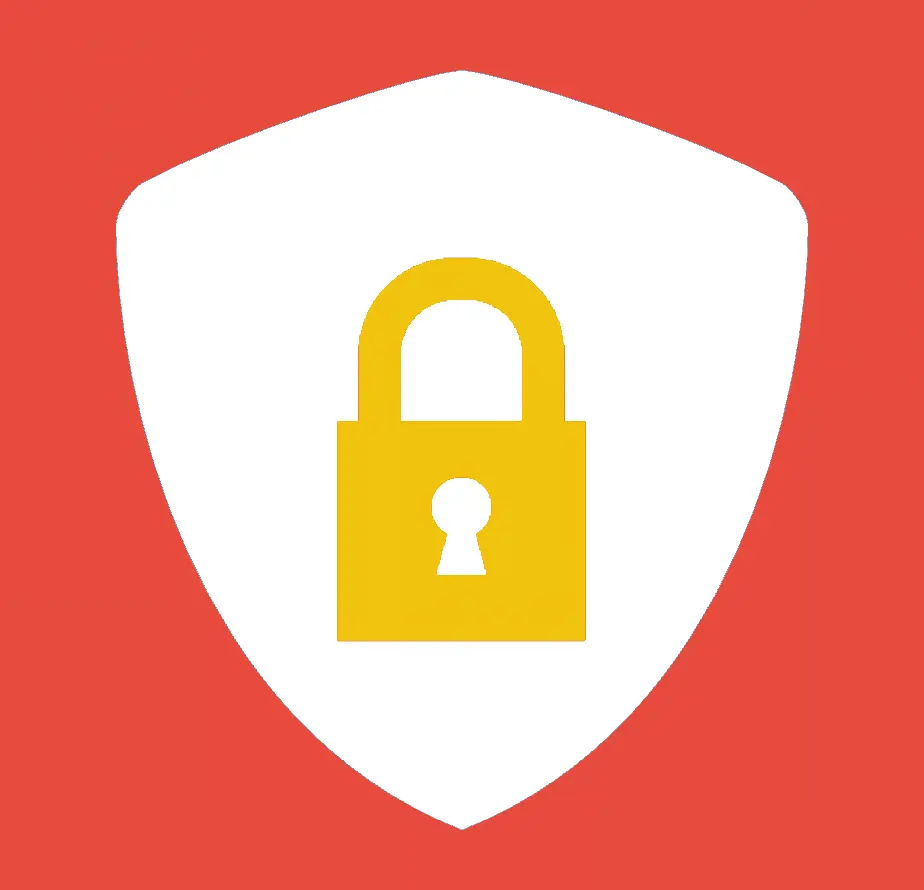Privacy on the Internet is important because privacy risks range from the gathering of statistics on users to more malicious acts such as the spreading of spyware and the exploitation of various forms of bugs (software faults). Many companies, such as Google, track which websites people visit and then use the information, for instance by sending advertising based on one’s web browsing history. Sometimes prices on products are changed on the same website, depending on tracking information, and two people may view the exact same product on the exact same website yet be presented with very different prices.


I find this argument to be too extreme. Librewolf already acknowledges that it still needs to connect to some essential services but tries to minimizes which.
content-signature-2.cdn.mozilla.netfor example is necessary for OCSP (and HTTPS) to work, I’ve seen some blocklists block it in the name of “blocking telemetry” but it causes massive breakage. Just listing domain names isn’t a very useful argument.Well, FF + Arkenfox, which is well regarded, doesn’t get rid of FF binary blobs. Librewolf does, and for the things the author complains about on Librewolf, can be tweaked, as they can be on FF. Being in favor of tweaking FF and discarding Librewolf sounds wrong to me. Librewolf reduces quite a bit the amount of tweaking, leaving you with a saner default than FF, its tweaks are based on Arkenfox, and you can still modify Librewolf as you wish. So I don’t agree with just discarding Librewolf, or any other FF derivative browser. Granted they all depend no FF’s success to keep on going, but they do have an impact on what the user is left out to tweak, and besides, they might, or might not (Librewolf does) remove binary blobs, which in the end you never know what they might do…
For HTTPS you can rely on local CA-Certificates perfectly which are upgraded by the OS.
The problem is that your offline CA stores won’t use OCSP revocation logs or certificate transparency. You need live updates for those. The latter is especially important, as without it you’re completely dependent on one group of CAs.
Usually not so fast, download a list is still needed (e.g. if there are security problems with some CA). IMHO, a completely “mute” browser isn’t necessarily good, but of course every connection should be explained
If you’re concerned about your browser “phoning home”, you can find out exactly what it’s chattering about using key logs and a packet sniffer (I recommend Wireshark or derivatives). Key logs are required for decrypting TLS traffic, and Firefox + Chromium support them.
Idk in which place that is not fast. Maybe if you don’t make maintenance to your OS very often.